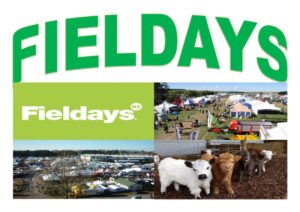Cattle traced from paddock to plate
A compulsory tagging scheme that provides for lifetime traceability of cattle and deer and is aimed at enhancing New Zealand’s biosecurity response is about to come into force.
A compulsory tagging scheme that provides for lifetime traceability of cattle and deer and is aimed at enhancing New Zealand’s biosecurity response is about to come into force.
The National Animal Identification and Tracing (NAIT) scheme will be compulsory for all beef, dairy and lifestyle farmers on Sunday, July 1.
It is intended to safeguard New Zealanders’ reputation and income.
Farmers will need to tag their cattle and deer with NAIT approved tags within 180 days of birth, or before they are first moved off-farm.
NAIT chief executive Russell Burnard says the scheme will link people, property and animals.
“Under the NAIT scheme cattle and deer will be tagged with an electronic NAIT approved RFID ear tag.
“The NAIT database will store information about each animal’s individual RFID number, its location, and the contact details of the person in charge of the animal.
“The database will meet animal tracing requirements for New Zealand in a way that is consistent with the guidelines of the World Organisation for Animal Health (OIE).”
There is a three-year grace period for existing stock, but if the stock is being moved off-farm they will need to be tagged before this is done.
Cattle and deer need to be registered with NAIT within one week of being tagged.
“There is an exemption in the NAIT scheme for animals which are dangerous to tag if they are going direct to a meat processor and have already been tagged with an AHB bar-coded primary tag” says Burnard.
The scheme starts for cattle on July 1, 2012 and for deer on March 1 next year.
For more information visit www.nait.co.nz




